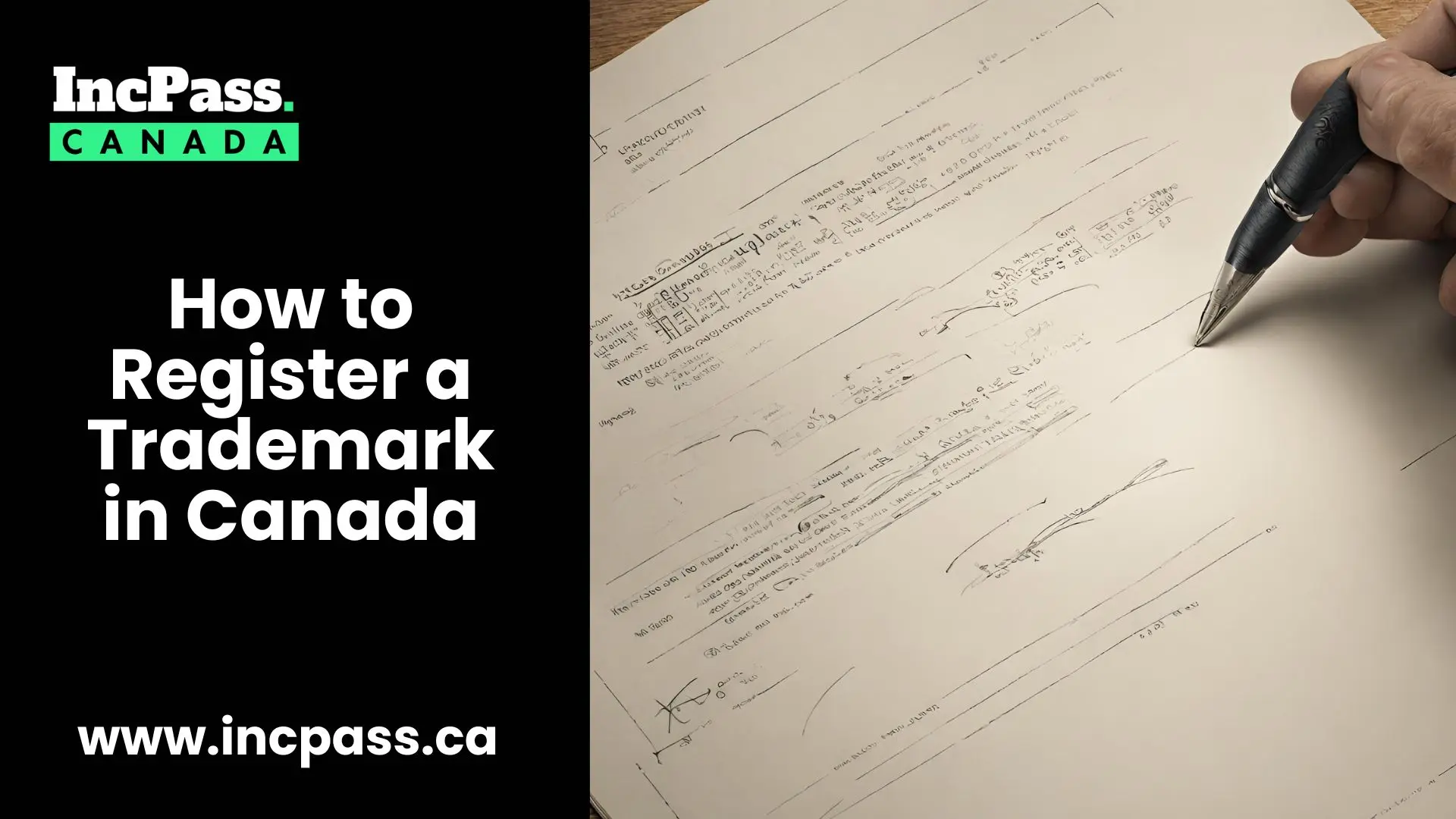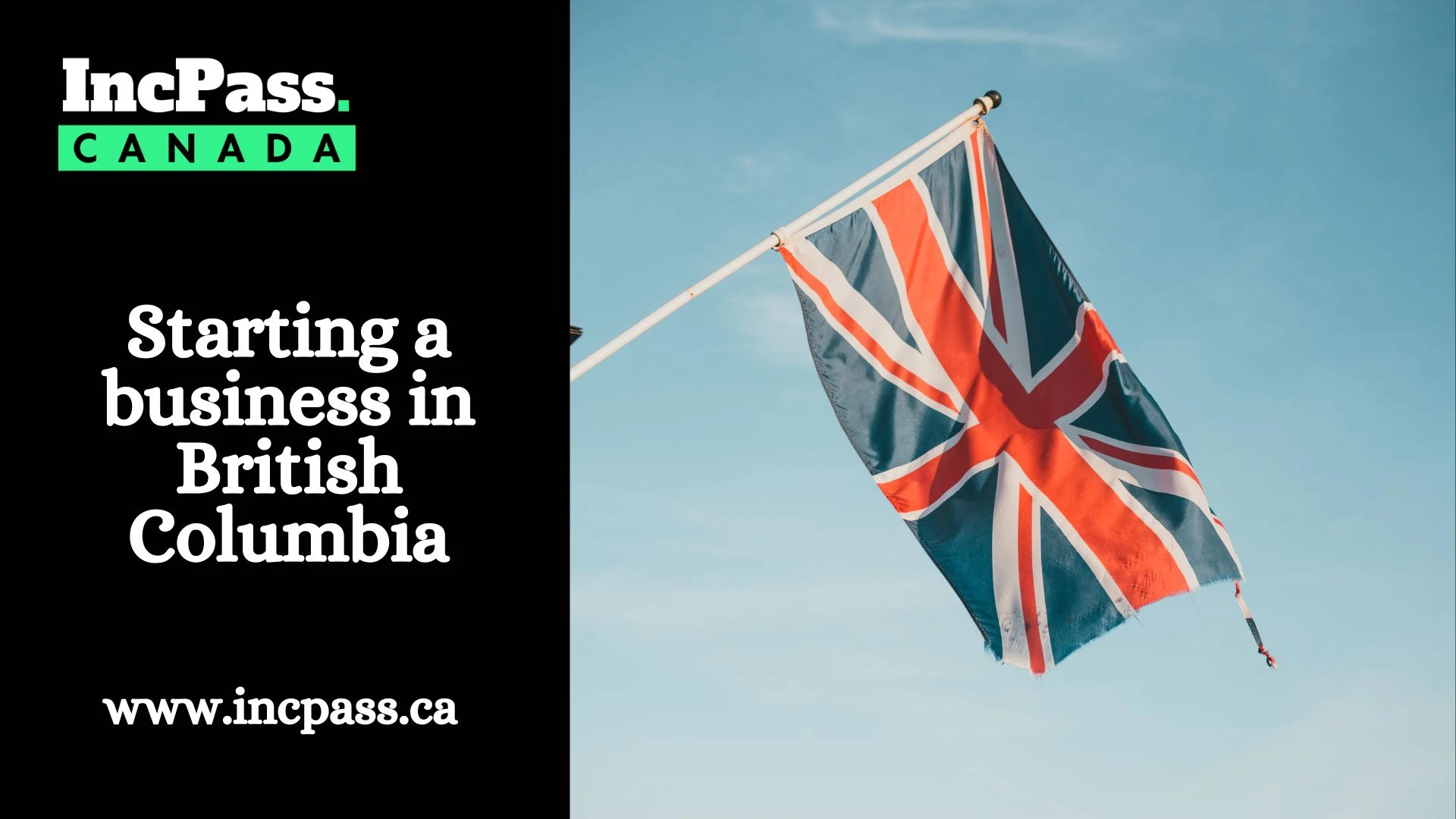Whether you’re an entrepreneur running a small venture, a CEO overseeing a large corporation, or somewhere in between, ensuring your business connects with its target audience and distinguishes itself from competitors is paramount. Crafting a distinctive brand is a crucial strategy to achieve this goal. A brand not only encapsulates your products and services but also embodies your company’s reputation. One of the most effective methods to safeguard your brand is by trademarking it. In the following discussion, we will delve into the process of registering a trademark for your business, along with comparisons to copyright and patents, the duration and expenses involved in obtaining a trademark, as well as certain limitations associated with trademark registration in Canada.
What is a Trademark?
In layman’s terms, a trademark is a unique identifier—often a symbol, design, or phrase—that legally distinguishes your business and its offerings. A trademark allows you to claim exclusive rights to your branding, ensuring it’s protected from imitation or misuse.
For More: Register Your Business in Canada
The Distinction Between Business Name and Trademark Registration
Many business owners mistakenly think that registering a business name is the same as registering a trademark. Although both are important, they serve a different purpose. A business name is the legal name of your company. Trademarks, on the other hand, protect the unique elements of your brand (logo, slogans, etc.) that are associated with your product or service.
Here are a few key points to consider:
- Business name registration is a legal requirement if you operate under a name different from the legal name of the person running the business.
- Trademark registration is a strategic decision that prevents competitors from duplicating your branding.
- You can use a registered business name as an unregistered trademark, but you won’t have the legal benefits of a registered trademark.
- With only a registered business name and no registered trademark, you cannot prevent another entity from registering a similar name or branding as a trademark.
Trademark, Patent, and Copyright: How They Differ
Trademarks, patents, and copyrights are all forms of intellectual property, offering different types of legal protection. Here is a quick comparison:
| Trademark | Patent | Copyright |
| Protects your brand and specific goods in the market | Covers new inventions and improvements to existing ones | Protects original works like art, music, books, etc. |
| Must be unique and specific to your brand | Must be innovative and have applicable uses | Requires the work to be original and creative |
| Gives you exclusive ownership rights to your branding | Gives you the right to prevent others from using, selling, or importing your invention | Gives you rights over reproduction, distribution, performances, and display of the works |
| Lasts for 10 years, with an option of renewal | Lasts for 20 years | Lasts for the lifespan of the author, plus 70 years |
Why You Should Trademark Your Business Name in Canada
Registering a Trademark in Canada offers several benefits:
- Proof of Ownership: A trademark certificate is tangible evidence of your ownership rights.
- Exclusive Rights: A trademark gives you the right to use your branding across Canada for 10 years, renewable indefinitely.
- Protection Against Trademark Imitation: A trademark prevents others from creating a similar one that could confuse your customers.
- Right to Flag Trademark Infringement: The Trademarks Act allows you to take legal action against anyone infringing on your trademark rights.
- Opportunities for Licensing: A trademark can open up avenues for new, long-term revenue streams.
Preparing to Register a Trademark in Canada
Before you begin your process of trademark registration in Canada, keep in mind the following:
- Trademarks must be used as described. If not used to promote your products and services, they may be removed from the Register of Trademarks.
- Trademarks are the property of the business. Trademarking protects your ownership of your products or services.
What Cannot Be Trademarked in Canada
The Trademarks Act specifies that the following cannot be registered as trademarks:
- Names and surnames, unless they have acquired a second meaning in the public mind.
- Clearly descriptive marks.
- Deceptive or misleading marks.
- Place of origin.
- Words in other languages.
- Confusing or overly similar trademarks.
- Trademarks identical to or likely to be mistaken for, prohibited marks like government designs, badges, emblems, etc.
How Much Does It Cost to Register a Trademark in Canada?
As of January 2024, the application fee to register a Trademark in Canada is $458. If your trademark registration applies to more than one class of goods and services, you’ll pay $100 for each additional class.
How to Register a Trademark in Canada?
Registering a Trademark in Canada includes the following steps:
- Determine if a trademark is needed.
- Search for existing trademarks.
- Complete your trademark application.
- File your trademark application with the Registrar of Trademarks at the Canadian Intellectual Property Office (CIPO).
The Duration of the Trademark Registration Process
The trademark registration process can take anywhere from 18 to 24 months, provided your trademark application is not opposed.
Frequently Asked Questions
Can a Sole Proprietor Register a Trademark?
Yes, both registered and unregistered businesses can apply to register a trademark in Canada.
Can I Use a Trademark in My Business Name?
Yes, you can include your own trademark in your business name. However, if it’s an existing registered trademark that you wish to include in your business name, you should also search the register of business names to ensure it isn’t already in use.
Is Trademarking the Same as Registering a Business?
No, they are two different processes. A business name is the legal name under which you operate your business. A trademark is a unique identifier that legally distinguishes your business and its offerings.
Do I Need to Trademark My Business Name in Canada?
While not a legal requirement, trademarking your business name provides legal protection for your branding, ensuring others cannot co-opt their likeness to sell similar products or services.
Do I Trademark My Business Name or Logo?
Ideally, you should trademark both. While a name-only trademark offers broad protection, a logo-only trademark means others could use a unique combination of design, colors, or something visually similar to your logo.
What Happens if I Don’t Trademark My Business?
Without a registered trademark, you’ll have no legal recourse against others who may sell products or services similar to yours, causing confusion among your customers or damaging your brand’s reputation.
Can I Trademark a DBA?
Yes, you can trademark a Doing Business As (DBA) name. If your DBA name is the name you use for your business, it’s eligible for the same legal protections as any other trademark.
For more information, you can book a consultation with Incpass Canada‘s Legal advisor who can give complete information about trademark registration in Canada.








